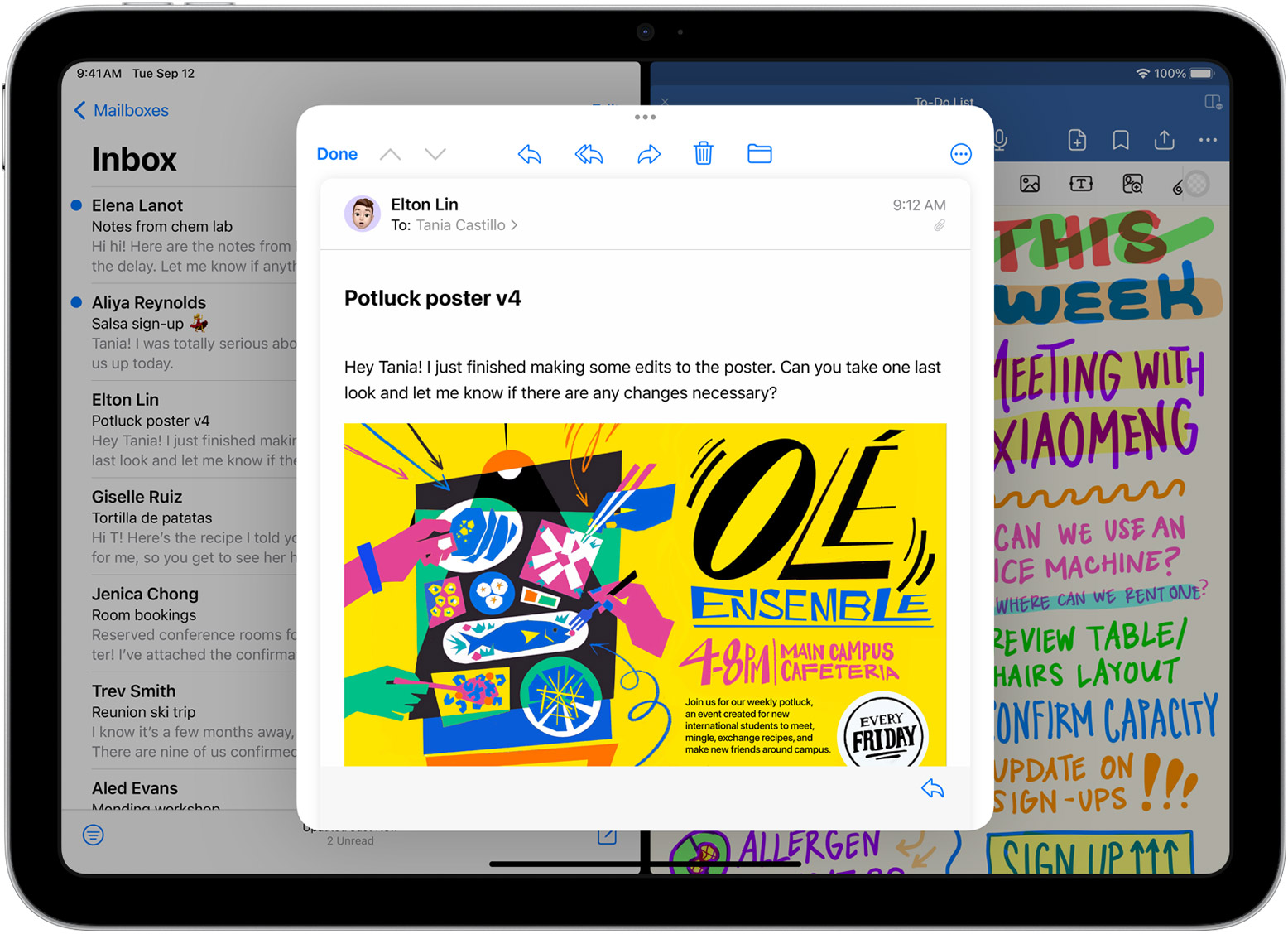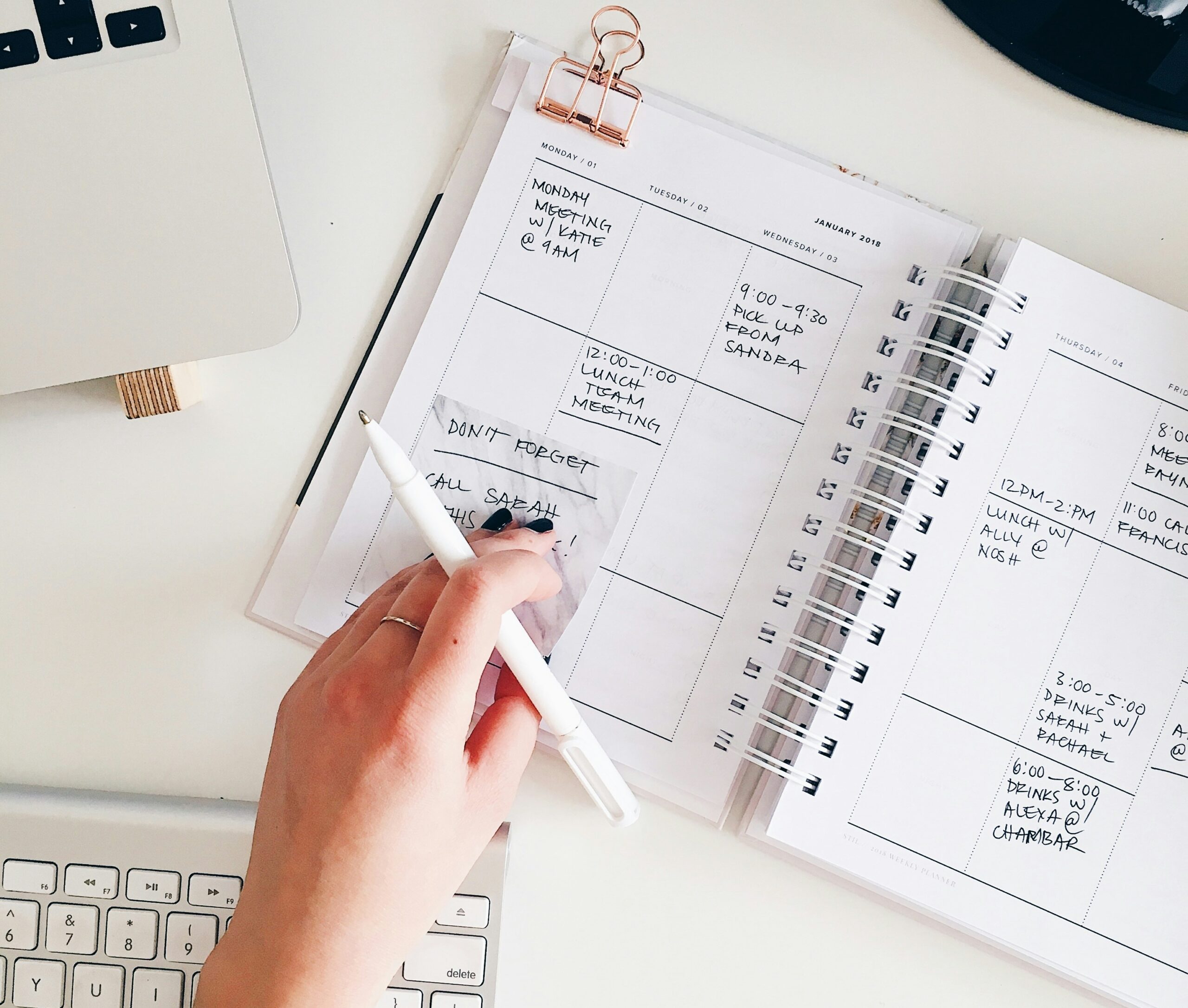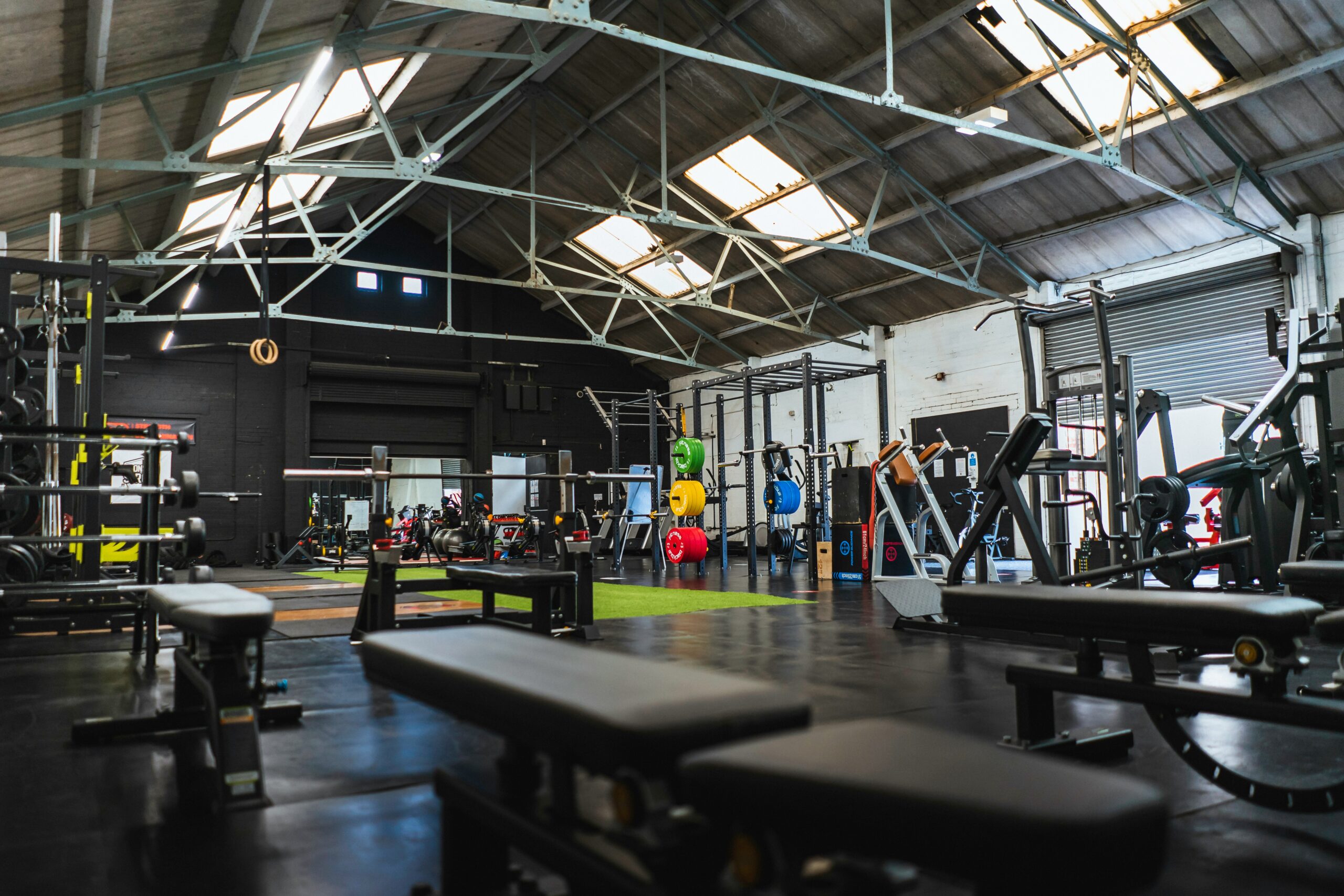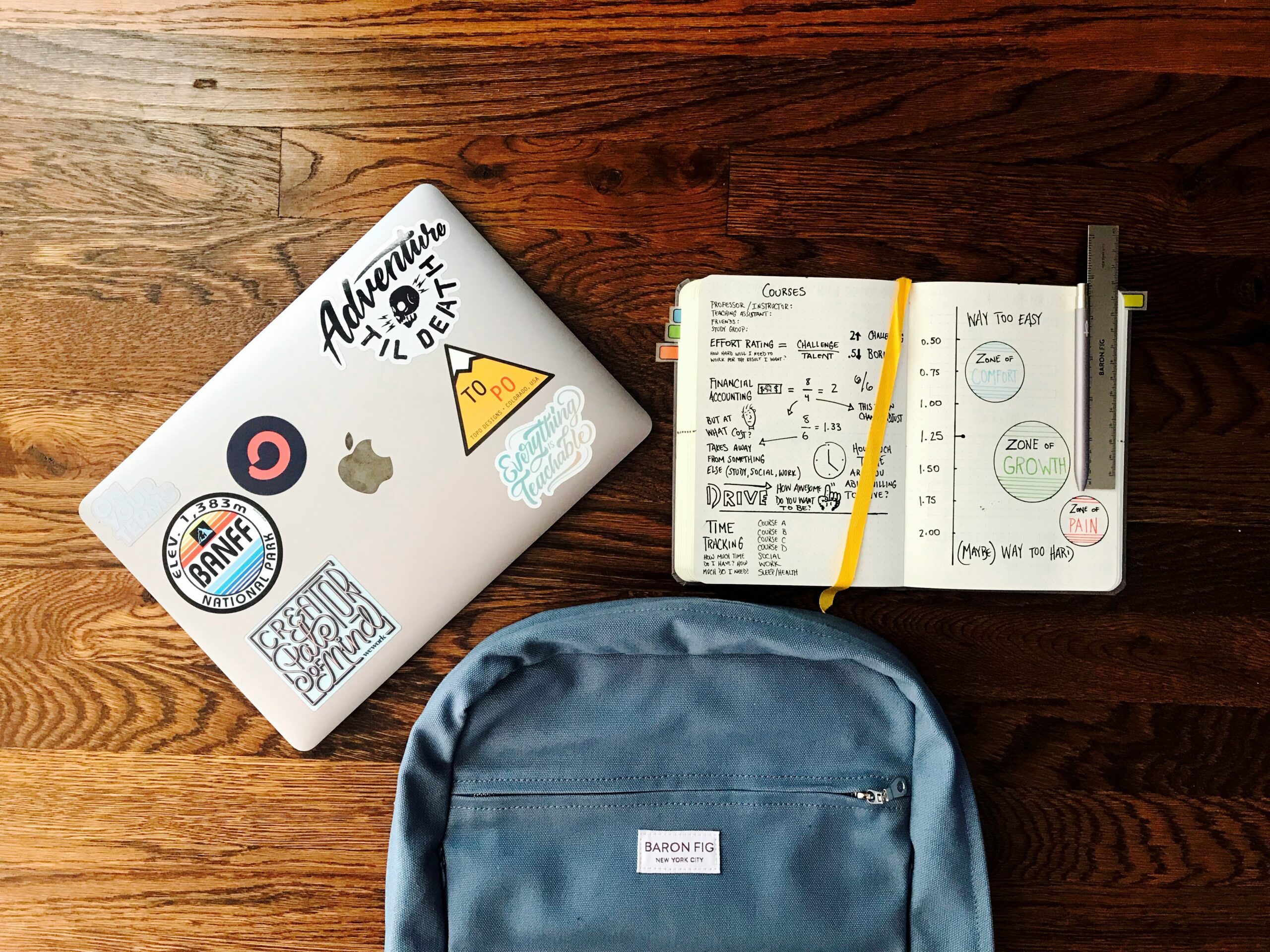It’s back to school time and every student is getting geared up for the fall semester. I’ve been a student almost my entire life and am currently in school for my fourth degree. As you can imagine, I am very familiar with this time of the year. Because I’ve been going to school for so long and have done this so many times, here are my top five tips to help you ace this semester.
1. Have the right tools (tech) for the job
It’s 2024 and technology has invaded our lives to the point that is is difficult to imagine a day without our cell phones or computers. The same is true of school; gone are the days of pencil and paper being everything you need. Nearly every college and school has converted to using an online platform such as BlackBoard to facilitate courses.

This means a good laptop is essential, but there are more accessories that can be helpful as well. I have an entire article dedicated to back to school Apple tech for 2024 here. If you aren’t interested in reading an entire article, my recommended laptop for school is either the 13 or 15 inch MacBook Air with M3 depending on your screen preference. I also recommend picking up some AirPods Pro as good quality earbuds allow you to listen to things without distracting others. If you have some extra budget, I recommend the base model iPad and Apple Pencil with USB-C for a good companion tablet. If you are into fitness, I recommend the Apple Watch SE.
Those are only Apple options though and that may not suit everyone’s needs. Some software only runs on Windows for example (I recommend checking with your specific department to see if a Mac is acceptable). Also, Apple products can be quite expensive on a student’s budget, but it is important to keep in mind that these devices are designed to last many years. If you’re buying at the beginning of your college studies, they should last you well past the end of your degree. If you do decide to go the Windows route, I recommend the Surface Laptop 7 for your laptop as it is the closest to the MacBook Air in terms of build quality and features.

2. Stay organized
Organization is the key to success when it comes to completing assignments on time. Being organized physically and digitally helps you to stay on task and know exactly where everything is. In my home office today, I keep everything in a specific location so that I always know where everything is at a moment’s notice. I have a spot where my backpack goes and everything it has a slot. If I take out my iPad, it goes back into the iPad slot as soon as I’m done with it. I have a filing cabinet with all my papers organized into folders. I almost never have anything on my desk except my laptop and the accessories to it (docking station, mouse, keyboard, desk pad, and monitors) so that it is a nice and clean working space. Being physically organized is only half the battle though.
For organizing digitally, I keep everything in Dropbox so that any changes are automatically synced across my devices. I keep a folder named “College” and under that, a folder for each semester and beneath that, I keep a folder for each class. Beneath each class folder, I have a folder for lectures (mp4s, PowerPoints, pdfs), a folder for assignments, a folder for exams, a folder for quizzes, and a folder for general course info such as the syllabus. This keeps everything organized into semesters, further into classes, and even further into different types of information for each class. This also helps me keep an archive of every semester so I can refer to previous semester work if I need to and easily find what I need.

Notice that I did not mention keeping notes in that folder. In the root of my dropbox, I have another folder called “Notes”. I use a markdown app called Typora and take my notes in plain markdown format and store them in this folder. Having notes in plain markdown means I can easily move them around between apps if needed and I am not locked into one note platform. It also means I don’t have to pay a subscription and can nest notes as deep as I want into a file tree. I tend to follow the PARA method that you can read more about here. Basically you organize notes into projects that are ongoing (this is where my classes go), areas of your life with no definite end date (such as my budgeting), resources (which serves as sort of a library for information that I store into different categories such as food recipes, personal how-to articles, etc…), and archive where completed projects (and completed classes) go where they can be referenced later.
This organization helps me stay on top of things for my daily job as a software engineer, any research projects I am involved in at previous universities, my studies as a student, and other areas of my life. I may go a bit extreme but it is simply the method that works for me. There are plenty of other organization methods and techniques but my advice is to find one and follow it.
3. Stay on top of things

Beyond being organized, staying on top of things can be a challenge. Between work, school, family and friends, and your own personal projects it can be difficult to balance everything. What I find works best for me is writing nearly everything down and putting a date on it.
I use the calendar app a lot for this but a hand written calendar works better for some people. The first thing I do at the beginning of the semester is go through the syllabi and punch in the due dates of everything for every class on my calendar so that I always know when things are due. This way I am never surprised when an exam comes up or an assignment is due. If the due date changes on something, I just alter it on the calendar. As the semester goes along, I also write down specific times for me to work on things. For example, if I have a project due in one month, I will write down days and times for me to work on the project and allocate what I think will be enough for me to finish it with a buffer. If I have a very difficult test on Friday, I will write down some time Wednesday and Thursday for a couple of hours in the evening to study. Using this method, I have always turned things in early and feel like I have more time in the day since things are scheduled.
4. Don’t neglect your health

It is easy to get caught up in the busy-ness of the school year so much that you can start to neglect your health. Remember that you cannot have a successful school year, career, or nearly anything else without having good health. This means emotional, physical, and spiritual health. Emotionally staying healthy means spending some time with family and friends and taking a night off at least once each week to do something fun. I try to take a night or two each week and either hang out with my wife, my family, or just sit alone and read a book or play a video game.
Physically being active can make a world of difference when it comes to your school work and nearly everything else. If you are sedentary all the time, it can lead to all sorts of health problems. Along with that, it can just generally make you feel bad. Getting up and getting a little active, even if it means just taking a nice walk around campus for a while, can make you mentally more productive.
Being spiritually healthy is important too. I have always been a devout Christian but when I first went to college, I neglected that aspect of my life and paid the price. Taking time out of my day to pray, read my Bible, and try to listen to what God wants for me is very important to my overall outlook on life. I know not everyone is a Christian and so opinions will differ here, but this is something I thought important to share.
5. Have fun
This may sound obvious, but try to have fun. When I first started college, I thought of that phase in my life as being nothing more than a means to an end. Work really hard and then I’ll get my dream job, my dream house, and my dream life. No fun to be had, just hard work. At some point, I realized that what I was doing was fun and school became an important aspect of my life. I did end up with my dream job and yet I still find a way to work school into the picture. Also, I am not very old but I have found that the older I get, the more I look back on that time of my life as being one of the most fun even though I had very little in the way of money or possessions.
Well, those are my top five tips for a successful semester (even though there were a lot more than five mixed into this article). If you have any questions, don’t hesitate to reach out in the comments/reactions. I hope everyone has a fun and productive semester.

To comment, please go to this article on Medium